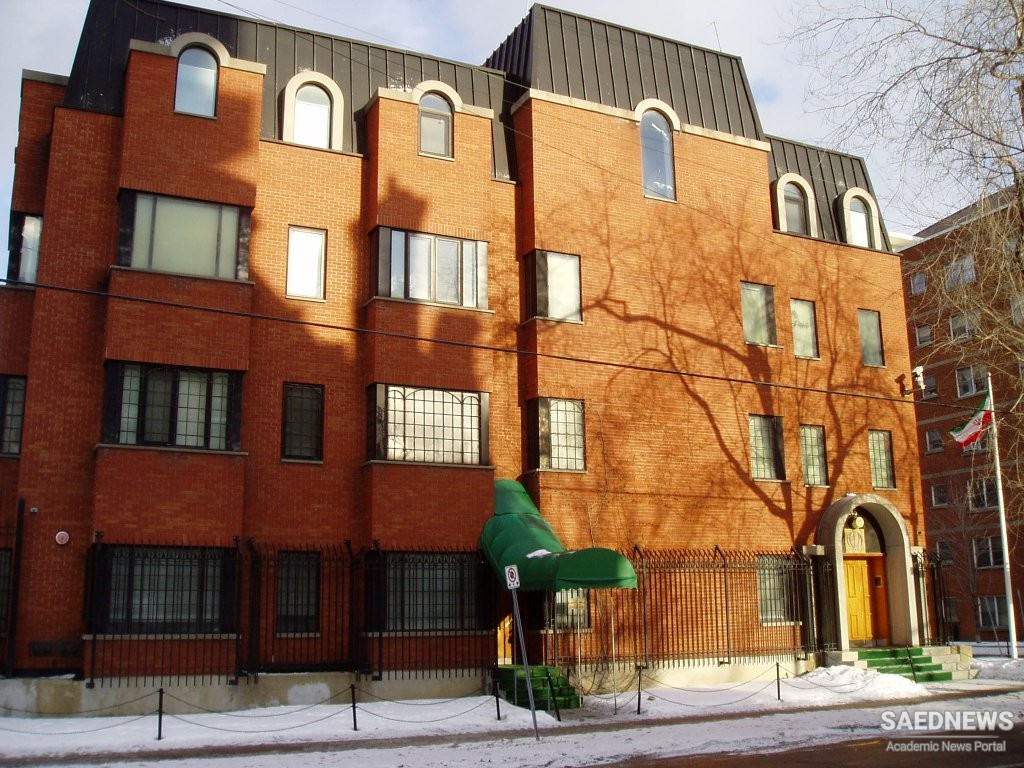Tehran, SAEDNEWS: “With initiatives taken by Iran’s foreign ministry voting was to be held for Iranian citizens residing in a US border city close to the Canadian border,” Mousavi, adding, “Unfortunately, no proper response has been received from the Canadian government to hold direct presidential elections in the country.”
“Due to the short time left and the impossibility of sending executive personnel by the foreign ministry, it is not possible to hold the elections directly in the state,” he noted.
Iran will simultaneously hold the 13th presidential election and the 6th City and Village Councils Elections on June 18.
The election in which voters will pick a president for a four-year term will be held as the country is still grappling with the COVID-19 outbreak.
As stipulated in the Constitution, the President is elected for a four-year term by direct vote, and is allowed only two successive terms, although he can run for a third nonconsecutive term.
To run for president, a candidate must satisfy six key qualifications outlined in the Constitution, namely being an Iranian national and of Iranian origin, having “administrative capacity and resourcefulness” besides a good past record and the qualities of trustworthiness and piety. The President must also have a firm belief in the fundamental principles of the Islamic Republic of Iran and Islam, the official religion of the country.
Hopefuls need the approval of the Constitutional Council — a panel of six theologians and six legal experts — for running in presidential elections.
Presidents are elected with a majority of the vote. If no candidate manages to secure the threshold in the first round, a run-off is held between the two candidates that have received the most votes in the first round.
Under Article 113 of the Iranian Constitution, the President acts as the country’s chief executive and is responsible for implementing the law of the land “except in matters directly concerned with the office of the Leadership.”
Within the limits of his powers and duties, the President is responsible before “the people, the Leader, and the Islamic Consultative Assembly,” as the Iranian Parliament (Majlis) is formally called.
The President appoints ministers, subject to the approval of the Parliament.
The chief executive has the authority to sign agreements with other governments as well as those pertaining to international organizations, after securing parliamentary approval.
Ambassadors to other countries are also appointed upon the recommendation of the Foreign Minister and approval of the President, who also receives the credentials presented by the ambassadors of foreign countries.
The President is tasked with administering national planning, the budget, and state employment affairs.
In addition, he heads the Supreme National Security Council, which protects and supports national interests, the Islamic Revolution, and the country’s sovereignty and territorial integrity.
Meanwhile, the President serves as the chairman of Iran’s Supreme Council of the Cultural Revolution, a body set up after the 1979 Revolution to ensure the country’s education and culture remain Islamic and will not be influenced by other cultures and ideologies (Source: Fars News).


 Near One and Half Million Iranian Citizens Will Vote for the First Time in Upcoming Presidential Election
Near One and Half Million Iranian Citizens Will Vote for the First Time in Upcoming Presidential Election














































